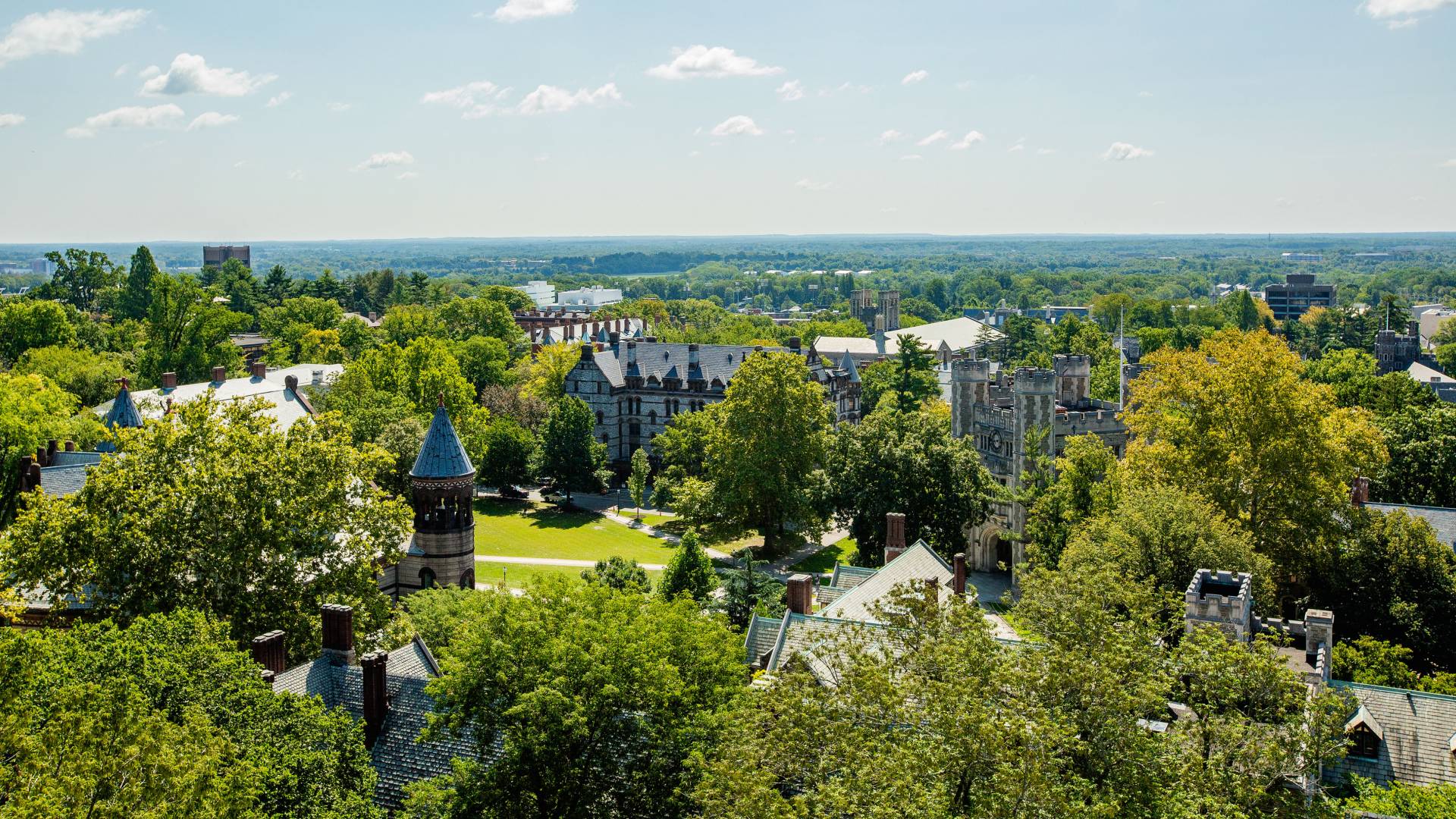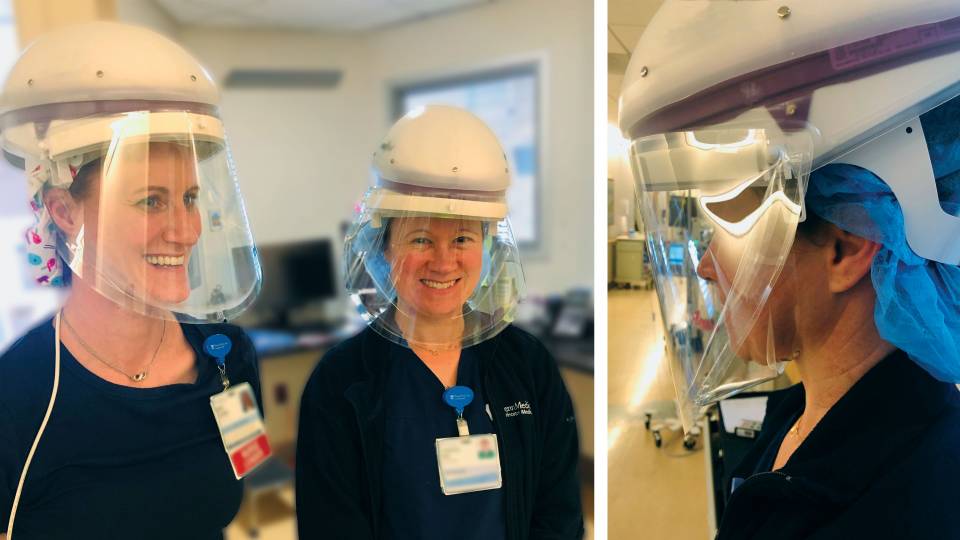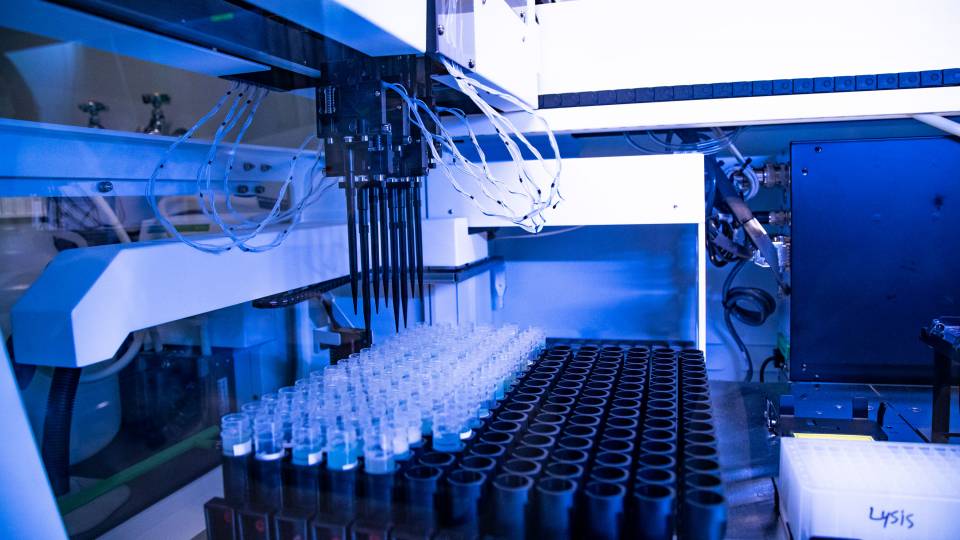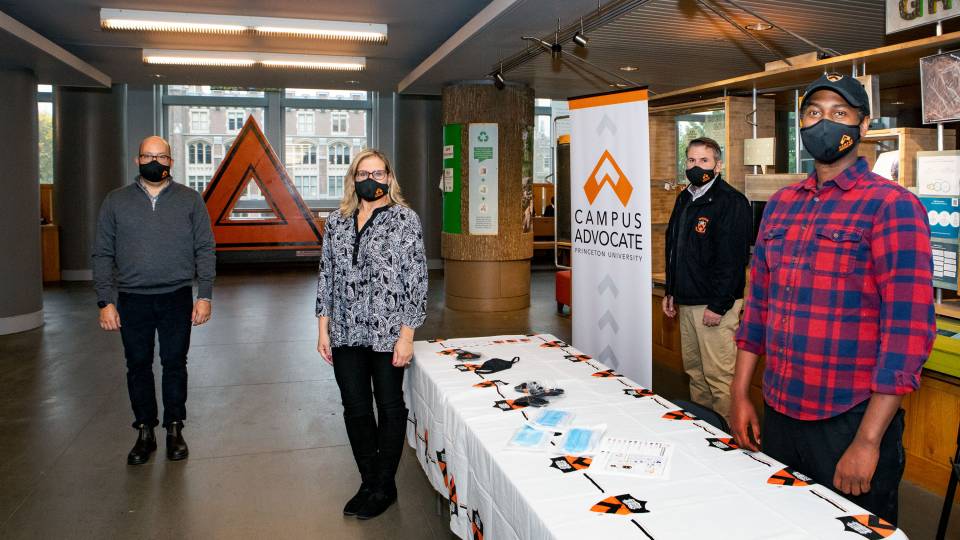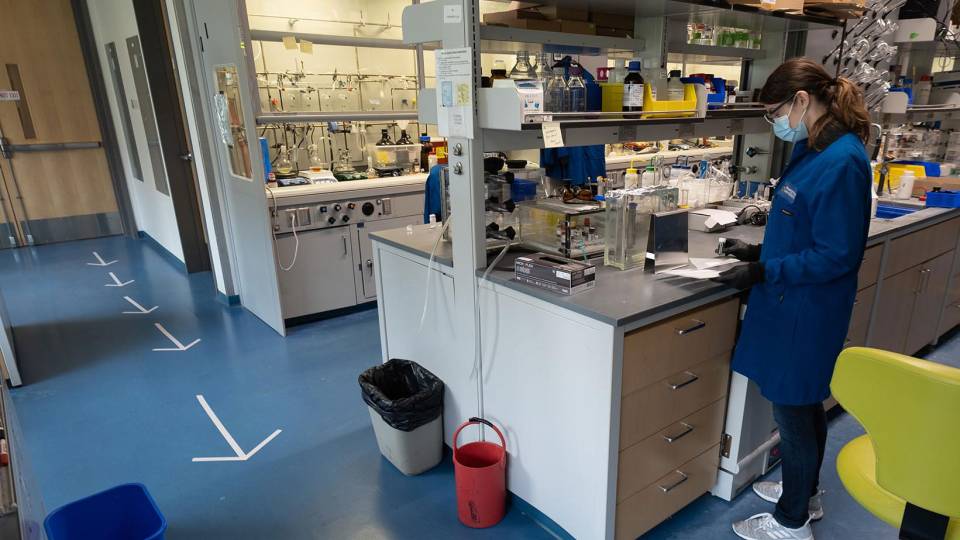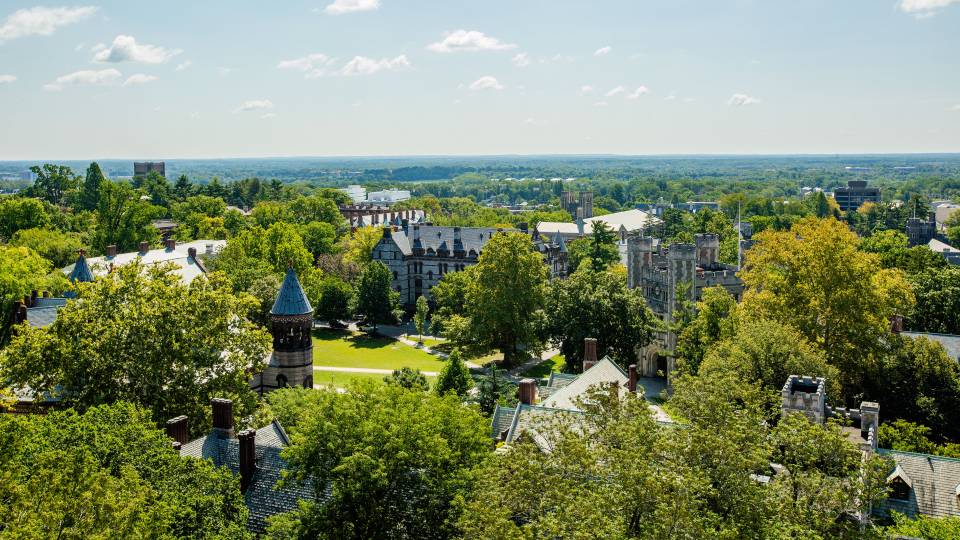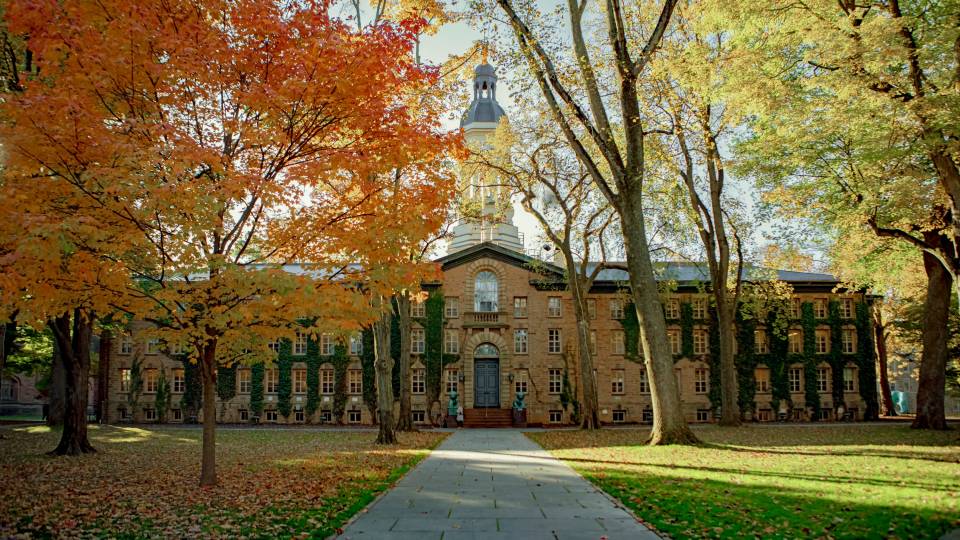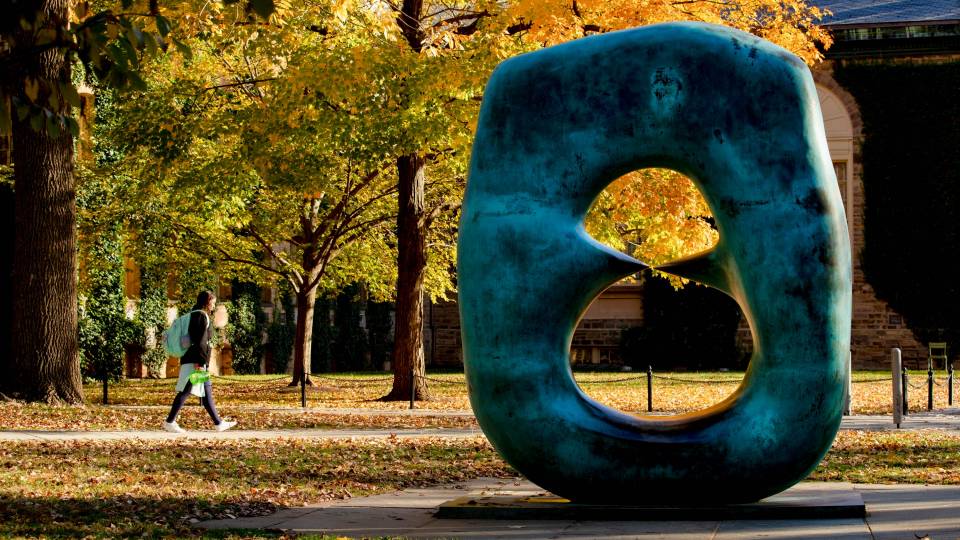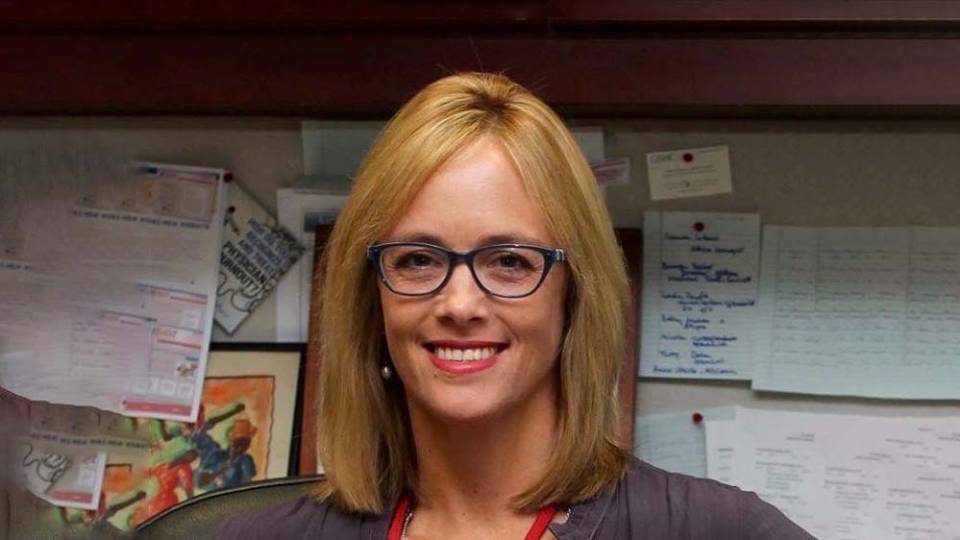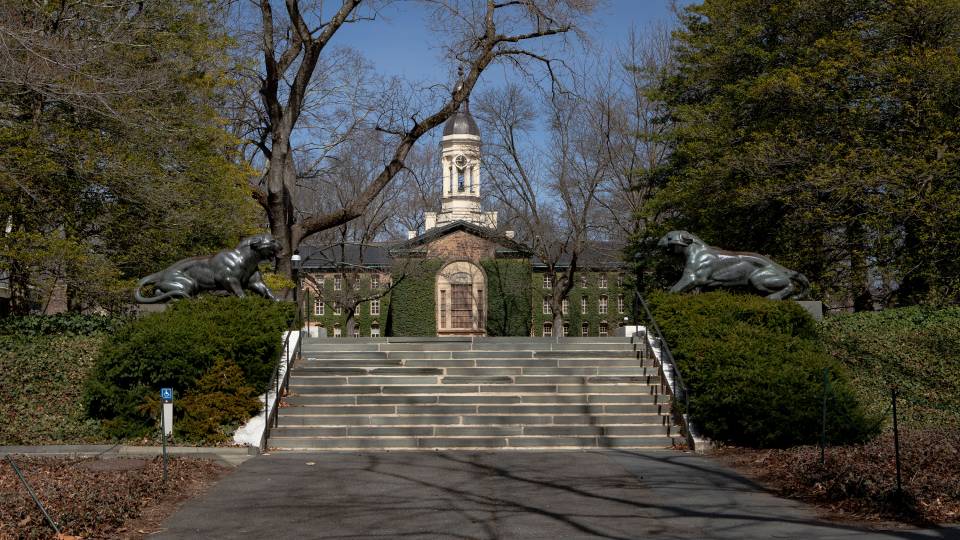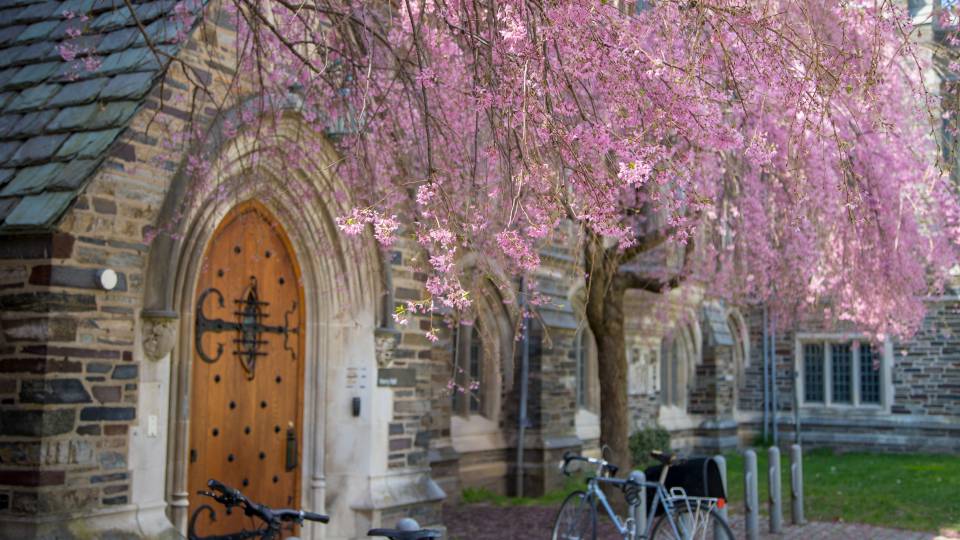In light of the ongoing COVID-19 pandemic, Princeton is evaluating various scenarios for campus operations next academic year. While no decisions have been made yet, the Academic Year 2021 Coordinating Committee is preparing for a number of options based on federal and state health guidelines and resources.
As Provost Debbie Prentice outlined in her April 8 campus message, Princeton’s decisions will be based on four key priorities: ensuring the health and well-being of students, faculty and staff; restoring teaching and research activities to normal operations, safely but as soon as possible; sustaining the University’s commitments to access and affordability; and retaining and supporting Princeton’s talented workforce.
Prentice is chair of the coordinating committee, which is looking at novel and creative ways in which the University can continue to advance scholarship, research and teaching of unsurpassed quality and Princeton’s commitment to service.
“The global coronavirus pandemic gives increased vitality and urgency to Princeton’s teaching and research mission, even as it requires us to find new ways to pursue this mission,” Prentice said.
The committee will also determine a flexible timeline for decision-making based on how the global pandemic evolves in coming months. Academic year 2021 starts in fall 2020 and runs through spring 2021.
Princeton moved to virtual instruction on March 23, with students learning remotely for the remainder of the current academic year. Most staff and faculty work and teach from home, while staff in essential roles work on campus to support the approximately 380 undergraduates approved to remain at Princeton this spring, and the approximately 1,200 graduate students whose primary residence is on campus. The decision to reduce the number of people on campus as much as possible was made so as to mitigate the possible spread of COVID-19 within our community, given the unique environment of a residential university campus.
Executive Vice President Treby Williams, who is leading the committee’s work on campus operations, said the University must weigh all options given the uncertainties of the COVID-19 pandemic.
“Multi-department groups are studying and planning for various scenarios relating to our campus operations for the next academic year,” Williams said. “These scenarios account for various anticipated University and government-imposed public health requirements and model ways in which campus housing and dining, academic and campus life facilities, University Health Services and campus events could operate consistently with those public health requirements, while supporting Princeton’s education and research mission.”
For example, the nature of undergraduate residential life on campus would depend on factors such as the availability of COVID-19 testing, public health guidance regarding social distancing, state rules on group gatherings, and the availability of quarantine and self-isolation facilities on campus.
On the teaching side, the Office of the Dean of the College and Office of Information Technology are working with faculty and administrators to plan for a possible continuation of virtual instruction.
“The pandemic challenges how we deliver the prized qualities of Princeton’s residential liberal arts curriculum,” said Katherine Stanton, director of the McGraw Center for Teaching and Learning. Stanton co-chairs the committee’s working group on teaching continuity with Jay Dominick, vice president for information technology and chief information officer.
“We’re thinking through how to teach and learn in more creative, dynamic and interactive ways should we have to continue virtual instruction,” Stanton said. “To do this, we’ll consider the ways we can leverage new and emergent technologies, how to provide the educational tools and course materials that students and faculty need for remote instruction, and how to continue to draw on the strengths of Princeton’s extraordinary human resources to provide novel educational experiences.”
On the research side, a group of faculty and staff led by Dean for Research Pablo Debenedetti is developing guidance for a phased resumption of on-campus research. All on-campus research is currently suspended with the exception of essential activities and coronavirus-related research, however virtual and remote research activities (such as data analysis and computer modeling) continues.
“The proper time for implementing the phased resumption of on-campus research will be determined by the University’s leadership taking into account the health and safety of our faculty, students, and staff and all relevant local, state and national public health directives regarding stay-at-home orders and social distancing,” Debenedetti said.
He added that plans to resume on-campus research are separate from decisions about when the University could safely resume undergraduate teaching on campus.
“The guiding principles include the protection of the health and safety of the research community; ensuring transparency in policies and procedures; and communicating proactively with the research community prior to and during the phased resumption of on-campus research,” Debenedetti said.
The Academic Year 2021 Coordinating Committee will continue its work this spring, and the University will share more information about teaching, research and campus operations for next academic year as plans and policies are approved.
